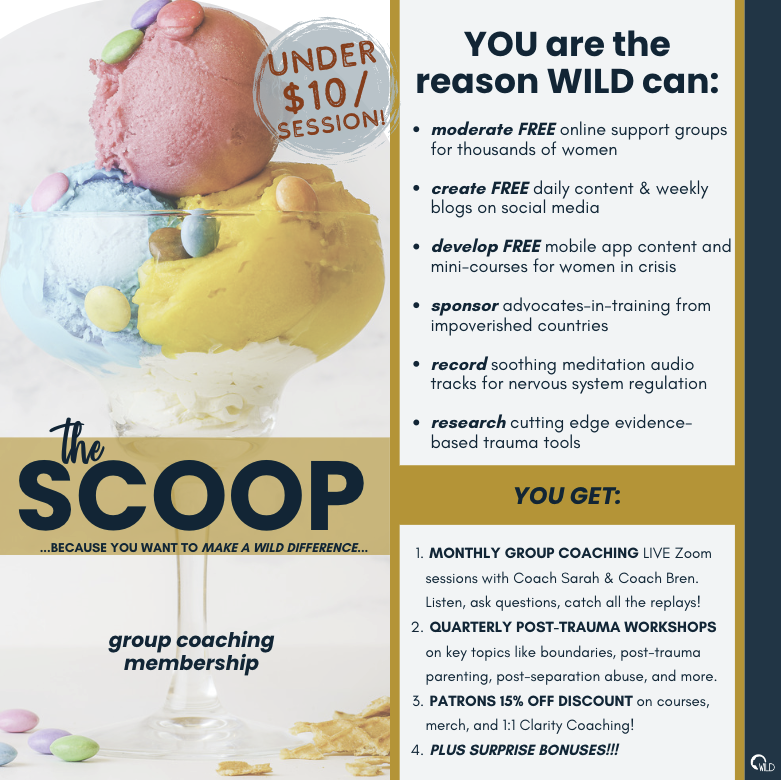Never miss a post.
Is it Noticing or Lusting? (the Thought Clouds Analogy)
- Sarah McDugal
Is noticing beauty the same as lusting?
The idea that noticing beauty isn't necessarily the same as lusting after it, can be triggering for betrayed partners. If your partner has shattered your trust through unfaithfulness and infidelity, I'm not surprised at all if you're cringing at the idea that it's healthy for a person to be able to notice beauty without actually lusting after it or seeking to consume it for oneself.
It's perfectly normal if you're thinking, "I don't want to him notice any beauty! I don't want him to notice anyone, or anything. He doesn't get to notice anybody except me. Because if he's noticing someone, he's been looking too long. He doesn't need to notice -- he needs to cultivate tunnel vision and put on blinders and just get through his day."
It's not odd to want your partner to only have eyes for you. And I would absolutely agree that he should be training his eyes only toward you. Not making you the sole target of lust, because lust isn't healthy even aimed at your spouse. (I'm defining lust as the desire to consume and use someone for your own gratification, not as healthy chemistry.)
But does that mean he should never ever in his life notice anyone else on the planet? And does it mean he should direct all his lust at you? No... and no.
Why not?
Because lust equals devouring.
Lust equals consuming.
Lust equals taking something for oneself.
Lusting after you? Not healthy. Your partner doesn't need to be devouring or consuming you any more than they need to be mentally or visually devouring or consuming anyone else.
Now, I've heard comments like, "Maybe this whole noticing-versus-lusting discussion is really just trying to get women to be okay with a more soft version of sexual addiction!" That's not what we're talking about at all. Just nip that idea in the bud. 😏
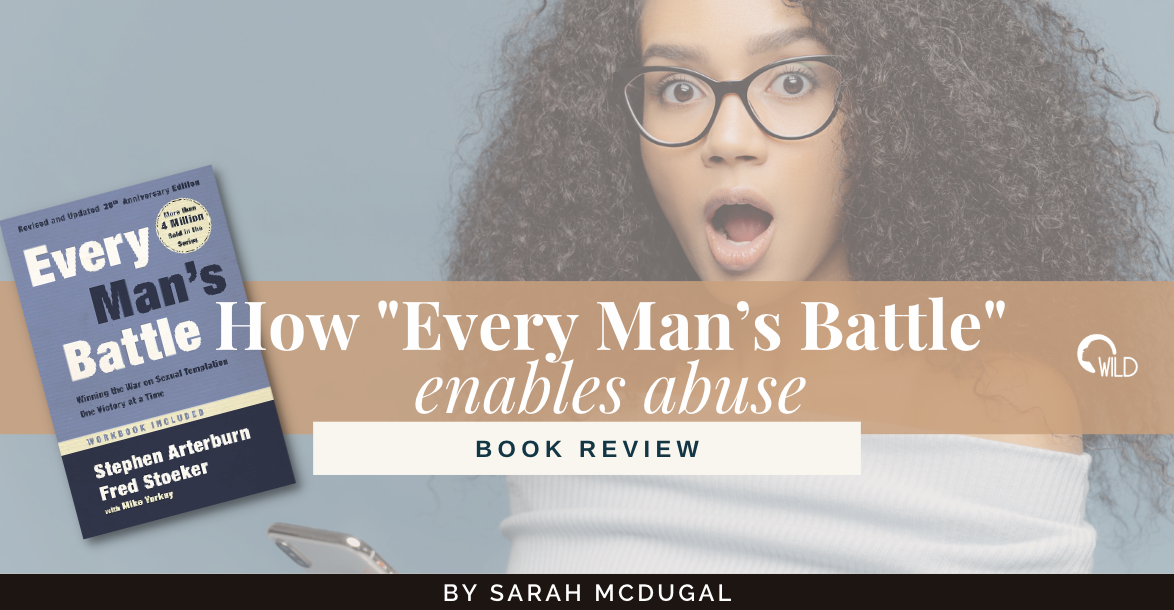
There are two types of conversations typically happening, when we discuss this topic.
One type is the betrayed spouse who is saying:
"I want my husband to be trustworthy and I want to know that he is absolutely focused on doing whatever it takes to have pure thoughts, to have a clean mind, and to not be objectifying other females or males or children around me. I want to know that his sexuality is healthy and loyal and faithful."
This is a crucial ongoing conversation to be having.
The other type is the conversation with men and boys who are not consuming explicit material and are not indulging in compulsive entitled sexual behaviors. (Read more about compulsive entitled sexuality in this whitepaper.)
This conversation -- including partners who are not dealing with betrayal, and parents who are raising young sons -- is all about dealing with the reference point of healthy husbands and fathers. These individuals are looking for effective terminology that can be used to teach positive values.
As the mother of a teenage son, I have an intense interest in being able to teach concepts with phrases and wording that help young men to not become devourers and consumers of women simply for the sake of sexuality. I'm seriously invested in building useful phraseology and healthier messaging, and in developing constructive communication with faithful husbands and hopefully-never-addicted sons.
This second conversation has to be able to exist, even if it's not the same conversation that is needed for healing among betrayed partners who are recovering from trauma.
Now, can these two conversations ever bridge into one? I think that with time and healing, they can... and eventually they should.
My coaching clients who are working through this concept in their healing, often start by expressing something like, "I don't want my husband noticing any one at all, he's lost the right to ever notice another woman!!"
I understand the pain that underlies this impulse. But now let's work that process through...
Do you want your spouse to be blind for life, or to work toward becoming healthy in their interactions with women anywhere they cross paths?
If you want your husband to become genuinely healthy, do you really want him to actively ignore half the human race?
How does that balance with your desire for women everywhere to be treated with respect as equals by the men they work and interact with? Because if he (and all other men) chose not to notice women at all... how does that make the world better, safer, and more equal in the way men treat women?

What's more, we're telling boys and men that any time they notice someone at all, it's the equivalent of lustful sin. How is that any less toxic than telling girls and women that the very existence of their beauty is a temptation trap for every man?
If we're insisting that our husbands and sons never notice women at all, then we are ultimately agreeing that women are too tempting, too dirty, or too luscious to interact with on an equal human level. We're saying that we are okay with other women being ignored, other women being treated as if they don't exist, other women being excluded from jobs or roles where they might interact with men.
That is not a healthy end game for anyone involved.
Instead, the ultimate goal should focus on becoming healthy enough to interact with women without objectification or sexualization. The ideal goal isn't to pretend women don't exist in their world, but to grow into healthy thinking so much so that a man can look any woman in the eyes, not engage in lustful thoughts, and interact with her as a human -- not a potential sex partner or an object.
So, yes, it can certainly be triggering to discuss "noticing versus lusting" when you are deeply desiring for your partner to just stop lusting. And yes, in the process of recovery, a man may need to take a break from interacting freely with those who have sparked lustful mental habits. He may need to take a break from all stimuli for a while and put blinders on until he's capable of interacting without devouring.
But that shouldn't be the end goal.
Now, at the same time, it's absolutely possible for a manipulative person to weaponize this concept and to excuse their wandering gaze by claiming, "I was just noticing, I wasn't lusting!" When someone is not in recovery and they just want to shut down accountability from their pain-ridden betrayed spouse, this could easily be misused.
Someone who is actively living in lies and causing deceptive sexual trauma (read more about deceptive sexual trauma here) is going to find any way possible to weaponize whatever jargon or terminology they discover, in order to avoid responsibility. That won't change until they are willing to take responsibility for their own actions and do the messy work of repentance and rewiring their worldview. It doesn't matter how good the message may be, an unrepentantly unfaithful partner will still find a way to turn it into an excuse to avoid self-control.
If your partner is using healthy concepts to sidestep accountability, it is not necessarily the problem of the message. Rather, it is a sign that they are still operating on a baseline of entitlement and control.
In this case, you have the right to place the burden of responsibility where it belongs -- on the person who is making excuses for lustful behavior. But their misuse is not the fault of good messages intended to educate innocent boys and empower good men toward healthy interaction with the women in their world.
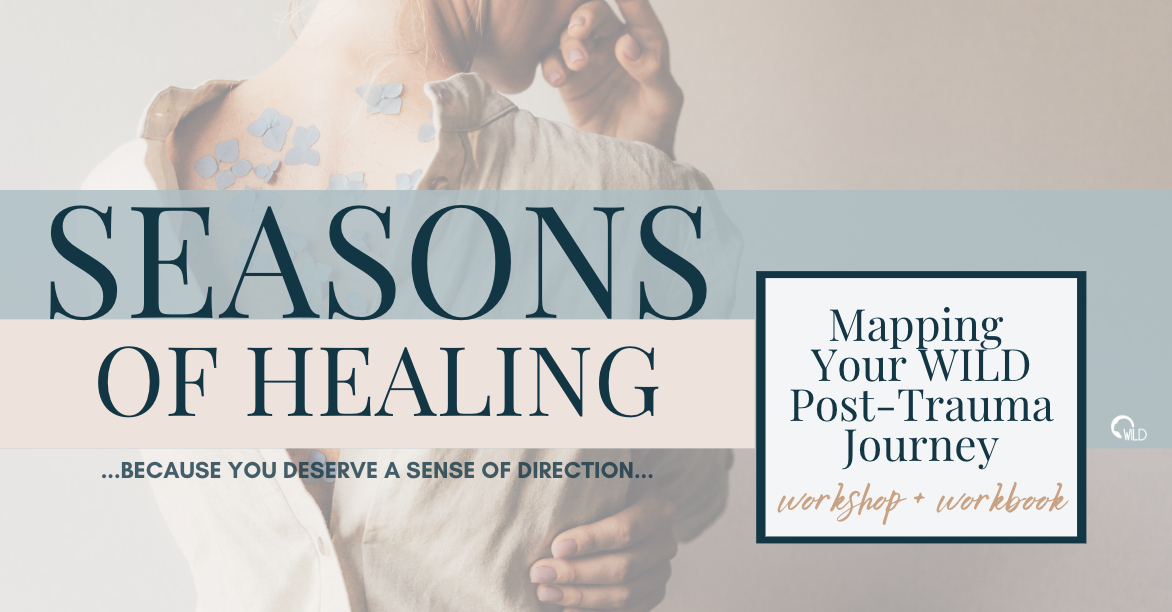
Imagine you are walking in a park and as you stroll along, these beautiful little thought bubbles drift above your head in the sky. These thought bubbles might sound like:
"What pretty flowers!"
"Oh, look at that family they are so happy!"
"Such a sweet young couple kissing on that bench, they look so in love."
"Ooof... That guy looks a little shady. Why's he wearing his cap and sunglasses so low? Should I be worried, is he dangerous?"
Your brain is thinking all these things in nanoseconds.
Then an incredibly attractive man is seated on the next bench reading a book, and your next thought cloud drifting past is, "wow, he's good looking!" And you just keep walking... as other thought clouds follow.
"Listen to the breeze in that tree, I really like that sound."
"What's that other sound? Oh it's canoe paddles, and a toddler giggling. So peaceful!"
In all of these situations, you have noticed things in your surrounding environment. Some were concerning. Many were pleasant and beautiful... including the handsome man. But it was just one thing you noticed among many things. You saw the beauty in the flowers, in the loving couple... you heard the beauty in the breeze and the child's laughter... And yes, you noticed the beauty of the humans around you as well.
Are we created to notice beauty? Absolutely.
In healthy, well-regulated interactions with beauty, you may think "Wow, she's lovely." Or, "He's definitely attractive." And then that thought cloud keeps right on drifiting by as your mind moves on to the next aspect of your environment.
THAT -- is noticing.
There's nothing wrong with noticing. You notice a pretty girl, or maybe it was just the great handbag she was carrying. You notice the good looking guy. You notice the adorable puppy. You notice that the flowers have an unusually strong fragrance.
You didn't pick the flowers from the public park to take them home, because they do not belong to you. You didn't scoop up the puppy and claim him as your own. You didn't imagine going to bed with the guy or the girl. They do not belong to you. They're not yours to snuggle with. They are simply other creatures existing in your environment.
However, if you take any one of those thought clouds and hold it close instead of letting it drift by -- you have changed the dynamics. In this case, you cuddle with it, put it in your pocket, and let it generate more thought clouds. Now you've pulled it down out of the sky and held it tightly so that it transforms into something that overtakes your intentions and fills your mind. Maybe at this point your body begins to react with arousal or envy -- this attractive creature must become yours, you want to possess it, to own it for yourself.
Now you're lusting.
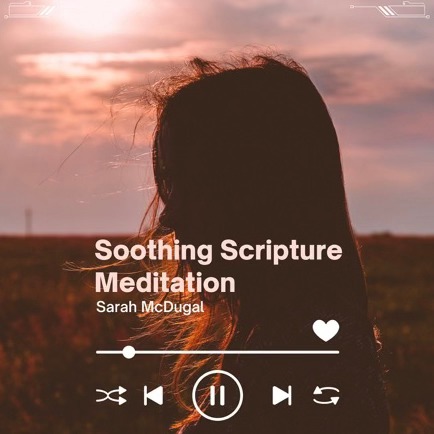
If you're indulging this regarding a sexual attraction, you've moved from noticing another human whom you should view as a whole person, to viewing them as a collection of pleasure parts.
And from that point forward, any number of inappropriate devouring, consuming, lustful thought patterns may morph into actions, the more they are nurtured and cuddled close.
It is said that the reformer Martin Luther once wrote, "The birds may fly above your head, but you do not have to allow them to nest in your hair."
A problem arises in fundamental Christian circles when we teach boys that every time they see a pretty girl and think, "Wow, she's cute", they should feel ashamed because that thought is equal to lust. This is a terribly damaging message for young men, making them feel like they are shamefully sinning simply for being alive and having eyes.
We don't want our boys or our girls to feel like they must be completely blind around humans of the opposite sex. Our goal when discussing healthy sexuality should be to view others as whole humans, rather than sexual objects. (And no, this is definitely not going to be the same conversation that is needed for the betrayed partner or the person in early recovery.)
Our goal should be to teach our children and to train ourselves that it is perfectly wonderful to notice beauty in nature, to notice beauty in people's personalities, to notice beauty all around us. And also to remember that beauty alone does not define a human or an inanimate object.
Just because something may seem beautiful to us does not make it ours to take... not physically by force, nor mentally in our mind. Not just because there are laws against stealing or raping, but because we innately view other people as whole creatures with rights and autonomy and personality and personhood.
Get monthly group coaching for less than $10/session!
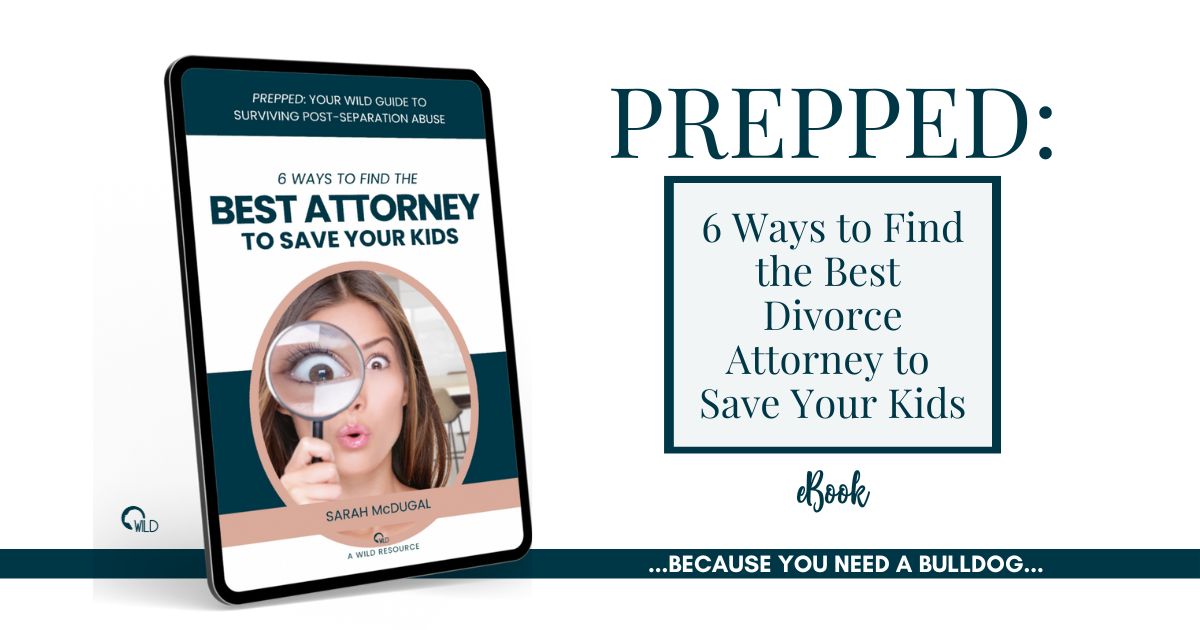
You need practical, proven tools to survive court.
That’s why we’ve created PREPPED - a collection of proven tools for surviving post-separation and litigation abuse:
6 Ways to Find the Best Divorce Attorney to Save Your Kids (eBook)
How to NOT Piss Off Your Judge: Advice from the Bench in Divorce & Custody Court (Toolkit)
How to Craft a Winning Strategy for Your Divorce & Custody Battle (Guide + Workbook)
107 Questions to Ask Before You Hire a Divorce & Custody Attorney (Workbook)
the BINDER | Your Complete Evidence Organization System for Family Court
Follow on Facebook and Instagram.
Subscribe on YouTube for hundreds of free videos on abuse recovery.
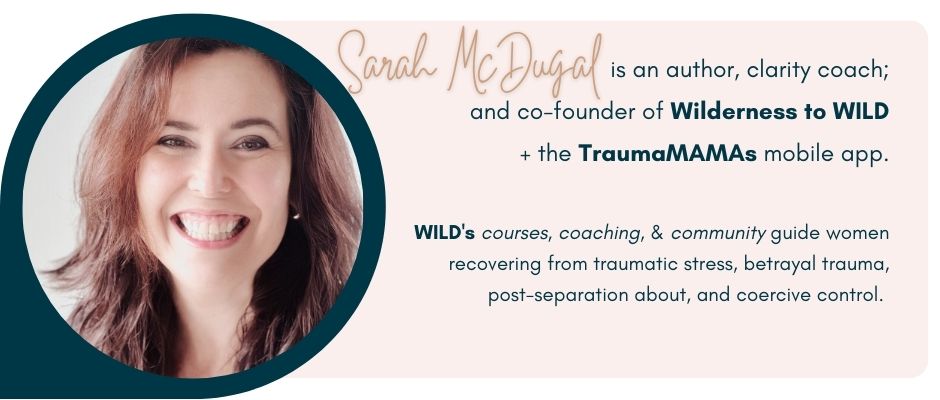
Browse my Best Books List to find safe resources on betrayal trauma, healing, relationships, and more!
Want more articles like this?
Get new posts straight to your inbox!
